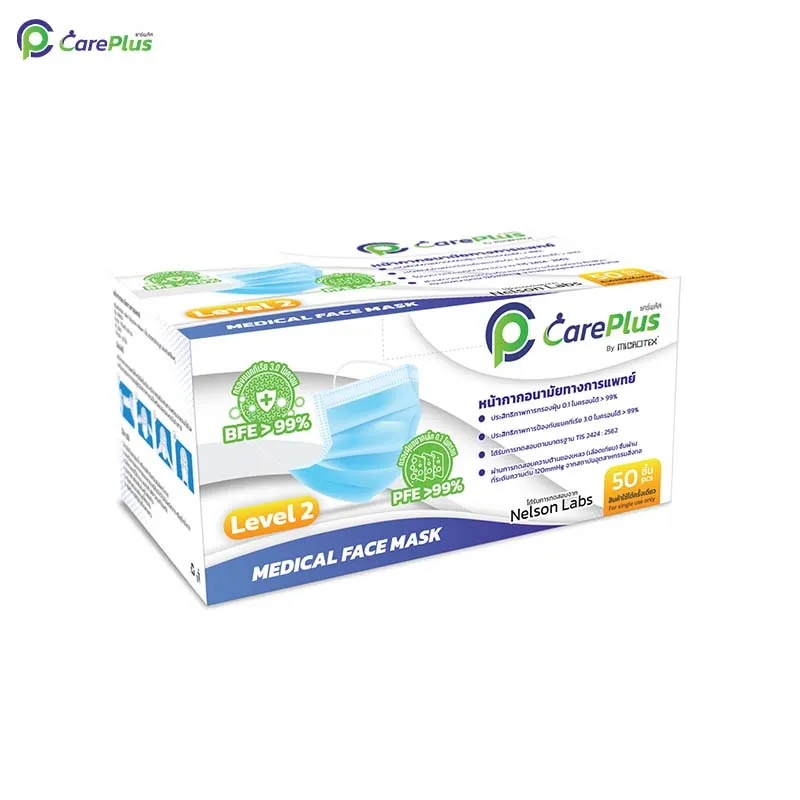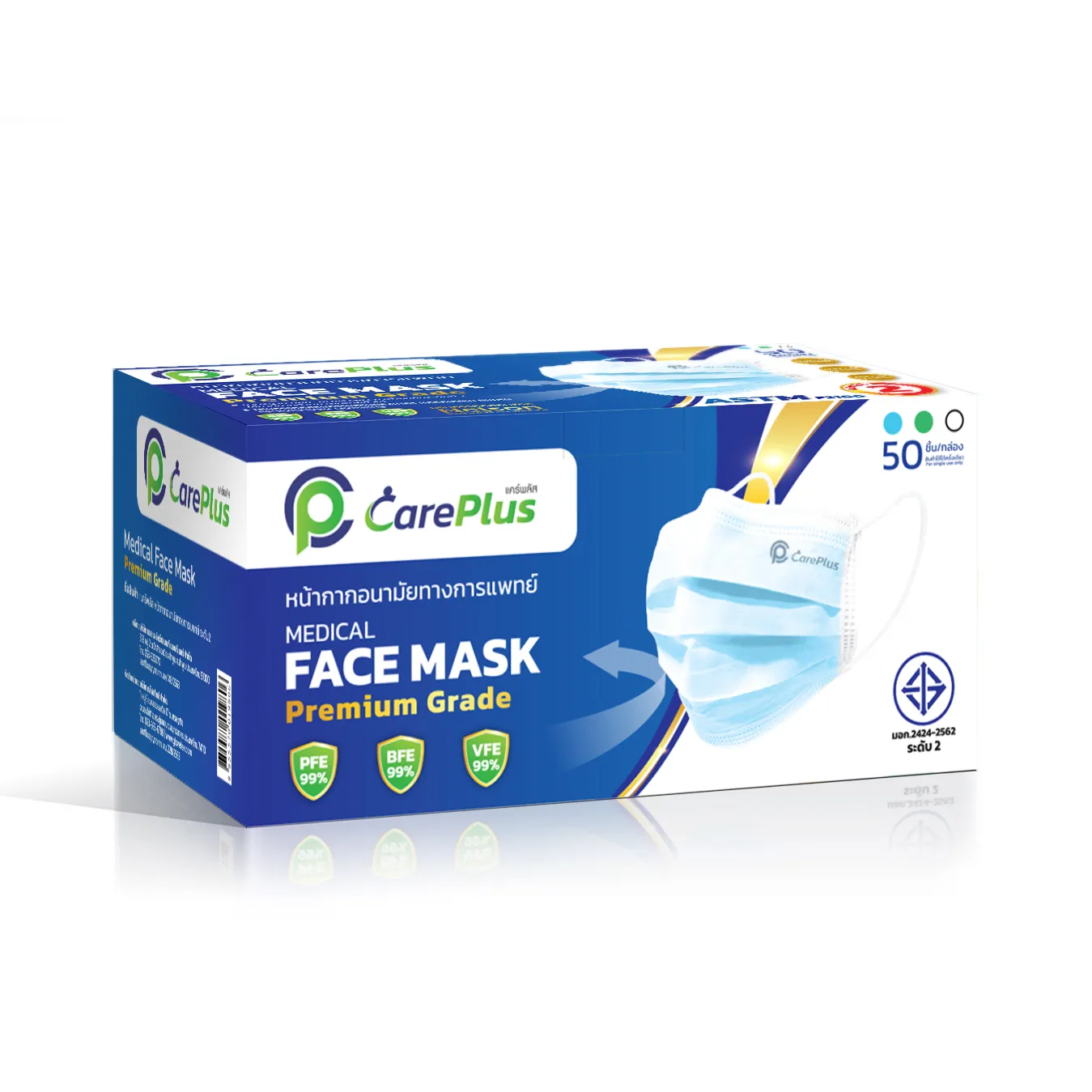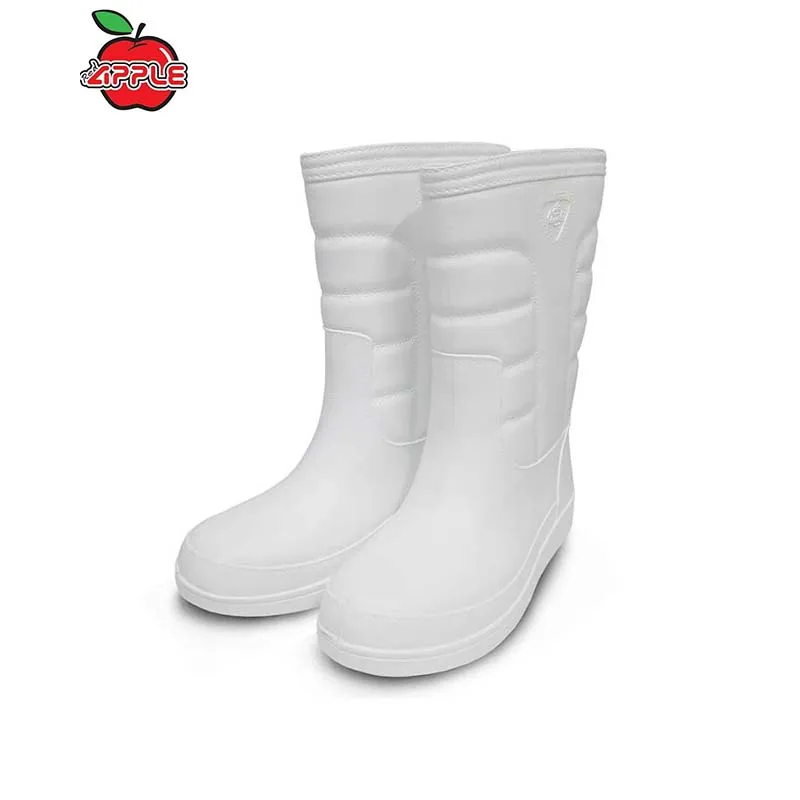Flood Prevention and Preparedness | GLOVETEX.COM

Flood Prevention and Preparedness
Flooding is a natural disaster that can occur frequently and has severe impacts on property and people's lives. Preparing in advance is crucial to minimize potential damage. This article discusses how to prevent home flooding, prepare before, during, and after a flood, and provides recommendations for necessary personal protective equipment (PPE).
Preparing Before an Emergency
Inspect Your Home: Check for vulnerabilities such as cracks or damage in walls and floors, as well as drainage systems. Make necessary repairs before an event occurs.
Elevate Belongings: Move valuable items, electrical materials, and furniture to higher locations to minimize damage.
Prepare Sandbags: Place sandbags at doors and windows to prevent water from entering the house.
Prepare a Water Pump: If budget allows, have a water pump ready to remove water from your home in case of flooding.
Stay Informed: Monitor weather forecasts closely to prepare for the situation in a timely manner.
Actions to take during a flood
Turn Off Electricity: If water begins to flood, immediately cut off the electricity to prevent electrical shock.
Evacuate: If the situation becomes severe, evacuate your home to a safe location as quickly as possible.
Seek Help: Contact relevant authorities such as local municipalities, community organizations, or emergency services for assistance.
Essential PPE equipment
Boots: Choose waterproof boots with sturdy soles to protect your feet from water and sharp objects.
Gloves: Opt for waterproof and durable gloves, such as those made from rubber or nitrile, to protect your hands from dirt and chemicals.
Mask: Select a mask that can filter out dust and pathogens to protect your respiratory system.
Waterproof Clothing: Choose clothing made from waterproof and breathable materials to protect your body.

MICROTEX® CARE PLUS Medical Face Mask, Model FM-501

MICROTEX®️ NITRILE GLOVES MODEL HI-CHEM

MICROTEX® CARE PLUS
หน้ากากอนามัยทางการแพทย์
ตราไมโครเท็กซ์ แคร์พลัส รุ่น FM-402

RED APPLE SK103 13″ Boot, RED APPLE brand, model SK103, 13 inches White
Post-flood actions
Clean Your Home: After the water recedes, thoroughly clean your home, especially areas that came into contact with the water.
Check Structural Integrity: Inspect the strength of your home’s structure, including electrical and plumbing systems, to ensure safety.
Dispose of Damaged Items: Remove items that were damaged by the flood, such as furniture, mattresses, and contaminated food.
Precautions
Avoid Areas with Deep Floodwater: There is a risk of drowning or being swept away by strong currents.
Be Cautious of Poisonous Animals After the Water Recedes: Watch out for snakes or cockroaches that might be living in the flood-affected areas.
Beware of Electrical Shock: If you encounter exposed or damaged electrical wires, avoid them and report the issue to the relevant authorities.
Advance preparation and cautious behavior during flooding can significantly reduce the risk and damage to your life and property.
information. or request a quotation
Call Center: 034-878762 ext. 3
Or you can follow us at : Click here
Hotline 083 989 7512 (telephone sales department)


